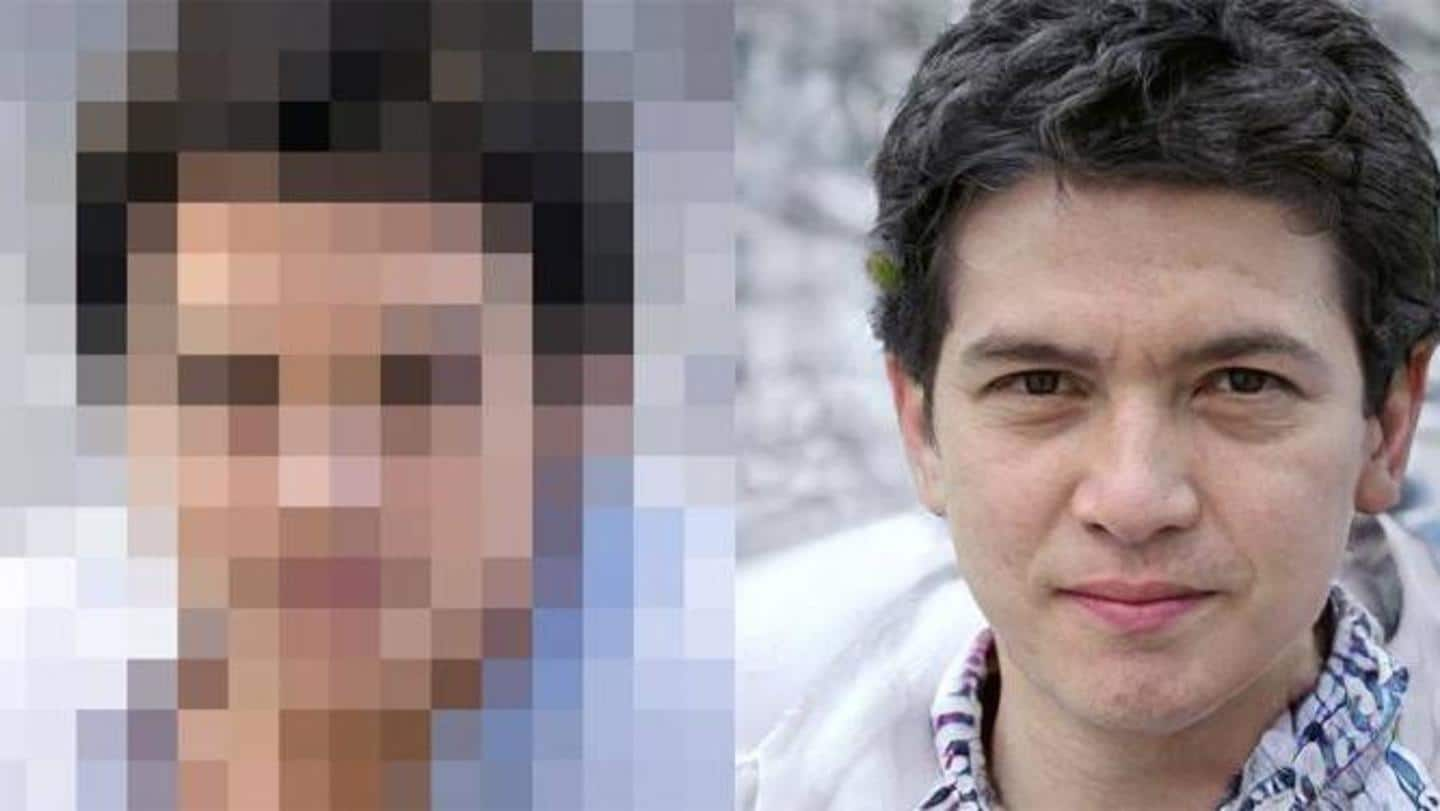
Novel AI turns blurry shots into clear, HD images
What's the story
Even the best photographers in the world struggle with the problem of blurry shots. They often occur while taking a series of photographs, but the good news is, there is a way to correct them, too. A team of researchers has developed an AI-powered tool that can process fuzzed-out images and transform them into clear, HD ones. Here's more about it.
Tool
Duke University's photo-correction tool
Created by researchers at Duke University in the US, the tool in question generates HD images and compares their compressed avatar with the blurred shot submitted by the user. Once the right match is found, the HD version of the image is produced, showing the same (or slightly altered) face from the pixelated image but with an incredible (and somewhat creepy) level of detail.
Details
Work done by generative adversarial networks
The whole system of creating HD images and approving them works with the help of generative adversarial networks, where two neural networks compete against each other. One of them handles the job of generating images, while the other compares their compressed avatar with the input image. The latter keeps rejecting produced images until the result is as good as the input.
Capability
Improving resolution by up to 64 times
In their current form, the Duke University team's neural networks are said to be capable enough to turn a handful of pixels into discernable faces with up to 64 times more resolution. And, when they create faces from pixels, they also imagine the features of those faces, including things like their stubble, wrinkles, nose shapes, eyelashes, and more.
Effectiveness
This could prove handy in many fields
Beyond transforming your blurry images into HD shots, the Duke University team's tool and its predictive capabilities could also be used for completing/upscaling microscopic or distant space imagery. "Never have super-resolution images been created at this resolution before with this much detail," said Cynthia Rudin, the computer scientist who led the research team, while speaking about their novel technology.